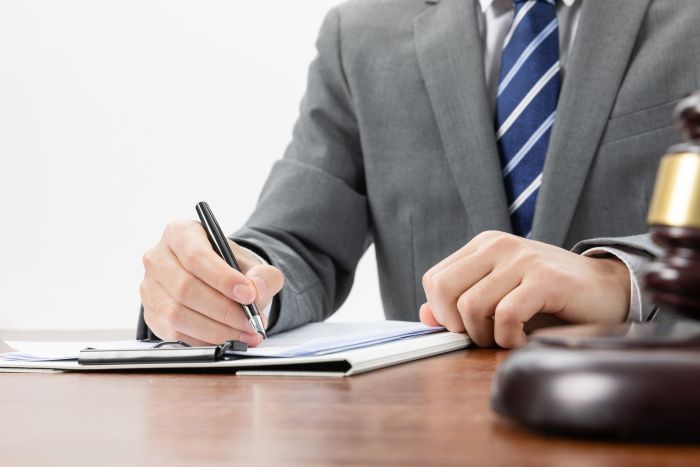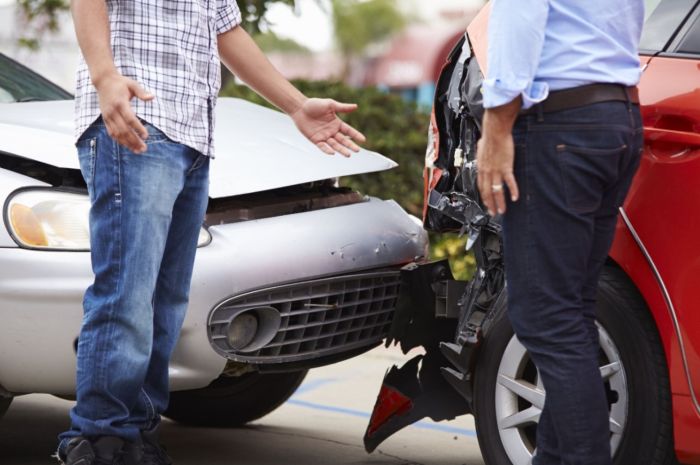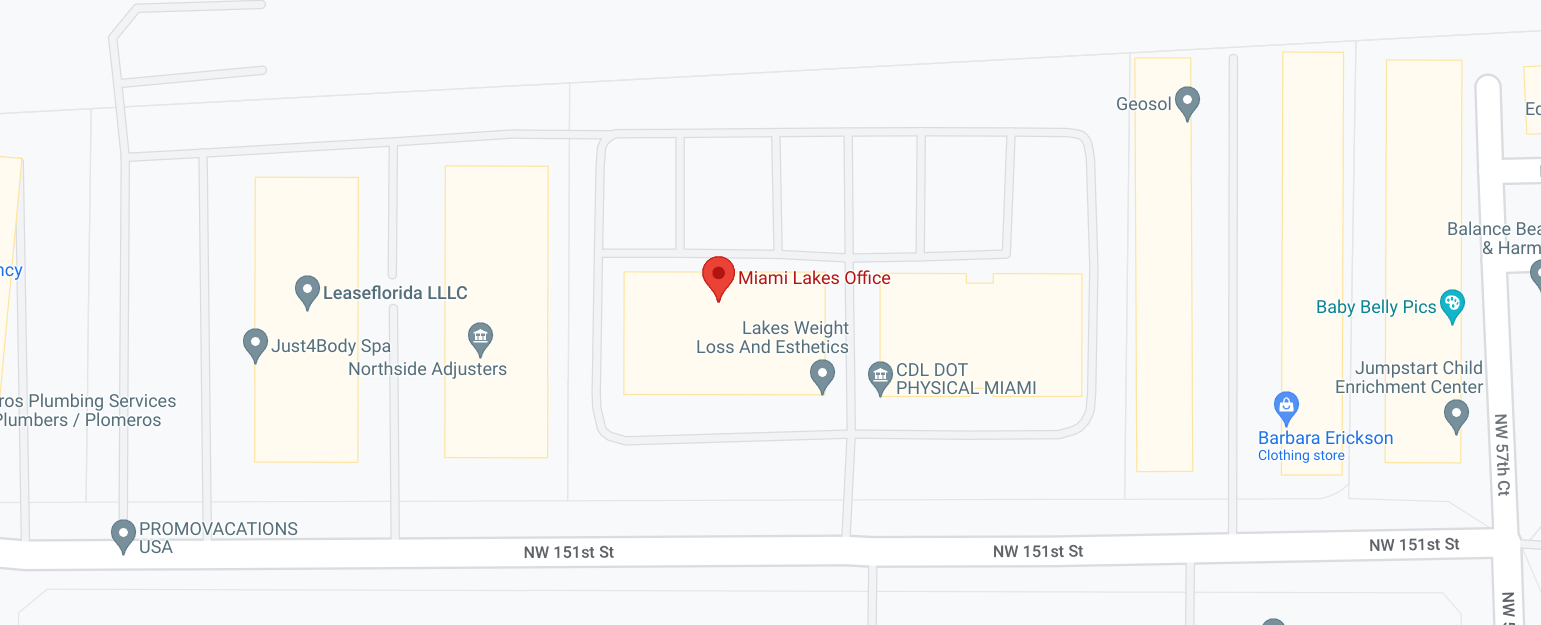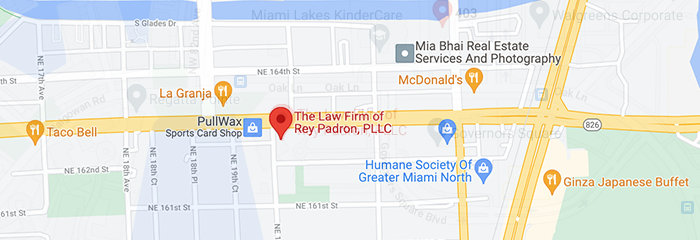Receiving a denial letter for a car accident claim is frustrating and discouraging, especially when medical bills and repair costs continue to pile up. In Miami, where traffic congestion and collisions are frequent, claim denials are not uncommon. Insurance companies use technicalities, incomplete documentation, or interpretations of fault to justify their decision. Fortunately, a denial is not the end of the road. With the right approach and guidance, many denied claims can be appealed, re-evaluated, or pursued through legal action.
Understanding Why Claims Get Denied
The first step in responding to a denial is understanding why it happened. Common reasons include allegations that the policyholder caused the crash, delays in reporting the accident, missing medical documentation, or exceeding the coverage limits of the insurance policy. Sometimes denials result from misinterpretation of Florida’s no-fault insurance laws.
Florida requires drivers to carry personal injury protection (PIP) coverage, which pays medical expenses regardless of fault. However, once injuries surpass the PIP threshold, claims against the at-fault driver’s insurance become necessary. This transition is often where disputes arise. Insurers may argue that the injuries are not severe enough to exceed the threshold, or they may challenge whether medical care was reasonable and necessary.
By carefully reviewing the denial letter and supporting evidence, accident victims and their attorneys can begin forming a strategy for the next steps.
Gather and Strengthen Documentation
One of the most common reasons for denial is insufficient or inconsistent documentation. Medical records, diagnostic results, accident scene photographs, and police reports all serve as critical pieces of evidence. If these documents are incomplete, insurers may argue that the injury claims are exaggerated or unrelated to the accident.
Victims should collect every available piece of documentation, from emergency room visits to physical therapy notes. Even seemingly minor medical details can add credibility to a claim. Organized documentation creates a timeline of events that is difficult for insurers to dispute.
Appeal Through the Insurance Company
Many insurance providers offer an internal appeals process. This typically involves submitting additional evidence, clarifications, or expert opinions. While this process may seem straightforward, insurers often maintain strict standards that favor their interpretation of events.
Having professional guidance during the appeals stage can make the difference between a continued denial and a successful reconsideration. A Miami car accident lawyer can present the appeal in a way that aligns with state law and emphasizes the validity of the victim’s injuries.
Consider Mediation or Arbitration
If the appeal within the insurance company does not succeed, the next step may be mediation or arbitration. Mediation involves a neutral third party who helps both sides reach an agreement, while arbitration is a more formal process where a neutral arbitrator makes a binding decision.
These options can sometimes resolve disputes faster than a court case. However, insurers may still resist offering fair compensation. Legal representation ensures that mediation or arbitration does not become another setting where the insurer dominates the narrative.

File a Lawsuit if Necessary
When all other options fail, filing a lawsuit may be necessary to secure fair compensation. This step can feel overwhelming, but it is often the only way to hold an insurance company accountable. A lawsuit shifts the decision-making power from the insurer to the courts. Judges and juries consider the evidence, medical records, and testimony, rather than relying solely on the insurer’s interpretation.
Pursuing litigation requires skill, preparation, and a clear understanding of Florida law. That is why accident victims in areas such as Carroll Gardens or Fort Greene often rely on experienced attorneys who understand both the legal landscape and the tactics used by insurers.
The Value of Expert Testimony
Medical professionals, accident reconstruction experts, and even economists can provide testimony that strengthens a denied claim. Doctors explain the severity and cause of injuries, reconstruction experts clarify how the collision occurred, and economists outline the financial impact of lost wages or reduced earning capacity.
This expert testimony transforms a claim from a collection of documents into a compelling story of loss and recovery. Insurers may deny claims when they feel evidence is weak; adding authoritative voices makes it harder for them to maintain that position.
Protecting Against Comparative Negligence
Florida follows a comparative negligence system, which means that compensation can be reduced if the injured party is found partially at fault. Insurers frequently use this rule to minimize payouts, claiming that the policyholder’s actions contributed to the accident.
Medical records, witness statements, and traffic camera footage can help counter these claims. A car accident lawyer will often focus on minimizing any assigned fault by presenting a clear narrative supported by evidence. Doing so ensures that victims are not unfairly penalized by exaggerated claims of shared responsibility.
The Importance of Acting Quickly
Time is a critical factor in denied claims. Florida law imposes statutes of limitations on personal injury cases, which means that waiting too long can eliminate the ability to pursue compensation altogether. Additionally, memories fade, witnesses become harder to locate, and documents may be misplaced over time.
Prompt action not only preserves rights but also increases the chances of a successful outcome. Attorneys typically encourage clients to begin the appeals or litigation process as soon as a denial is issued.
Managing the Stress of Denial
Beyond the legal and financial aspects, the emotional toll of a denied claim can be significant. Victims often feel helpless when faced with mounting bills and an insurance company that refuses to provide support. This stress can complicate recovery and even prolong medical conditions.
Legal support can reduce this burden by handling communications, deadlines, and negotiations. Knowing that an experienced professional is managing the case allows victims to focus on healing rather than paperwork.
A Local Perspective
For residents of Carroll Gardens and Fort Greene, the denial of a car accident claim carries added challenges. Many individuals in these neighborhoods rely on public transportation, freelance work, or small businesses for income. A denied claim can disrupt not just medical recovery but also financial stability.
Local attorneys familiar with Miami’s legal system understand these challenges and adapt strategies accordingly. They know the tactics insurers use and how to build strong cases that highlight the unique impact of an accident on an individual’s life.
Final Thoughts
A claim denial does not have to be the end of a car accident case. With the right steps, including appeals, additional documentation, expert testimony, and potential litigation, many denials can be overturned. Insurance companies may control the first decision, but they do not have the final say.
For victims, the denial is not a signal to give up, but rather an opportunity to regroup and pursue justice with stronger evidence and professional guidance. In the end, persistence and preparation often turn setbacks into recoveries.












